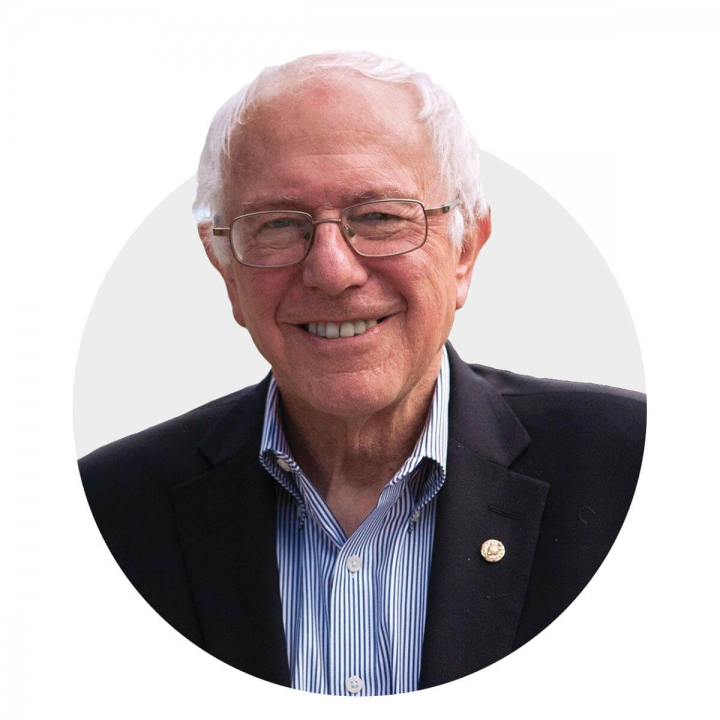Andrew Yang
Andrew Yang makes a number of bold and progressive proposals to address the overdose crisis that are rooted in harm reduction philosophy, including decriminalizing opioid use and possession for personal use, significantly increasing funding for substance use treatment programs, and legalizing overdose prevention sites. Unfortunately though, Yang has also proposed a number of policies which could further the harms for people who use drugs, and which are not supported by the most current peer-reviewed research – policies like mandatory treatment participation for individuals who have overdosed and allowing only specially trained physicians within hospitals to prescribe opioids. While some of the language Yang has used to discuss addiction and drug use seems to severely prioritize abstinence-only efforts, an anti-harm reduction approach, his language also demonstrates a willingness to continue learning about drug-related issues and take on new perspectives.
Andrew Yang
Nothing found.
Get Involved
Elizabeth Warren
Senator Warren’s 2020 campaign focuses strongly on Medicare for All, increasing standard wages, and prison reform. Warren has supported ending the use of mandatory minimum sentencing, banning private prisons, and restoring felon voting rights. Warren is also a sponsor of the CARE Act, through which she plans to combat the overdose epidemic and create spaces to help individuals access both medication assisted treatment (MAT) and treatment for mental health. Her campaign’s rhetoric has emphasized a need to “treat the overdose epidemic like the public health crisis it is.” Warren’s proposals, so far, strongly align with this principle. Warren is one of the few candidates to explicitly endorse both syringe exchange programs and overdose prevention sites, and compared to her opponents, has committed some of the highest amounts of funding for naloxone access and substance use treatment through the CARE Act. Though many regard Warren’s plans to address criminal justice reform and drug policy as fairly comprehensive, some wonder if she possesses enough support from her Republican colleagues in order to effectively move these proposals through Congress.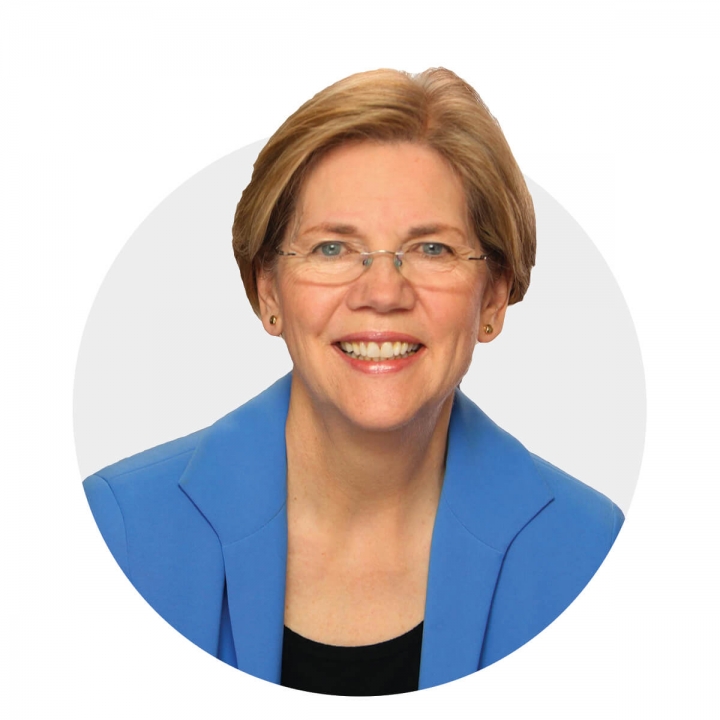
Elizabeth Warren
Nothing found.
Get Involved
Amy Klobuchar
Senator Amy Klobuchar’s proposals to address the overdose crisis, substance use disorder, and the War on Drugs demonstrates a lack of engagement with the harm reduction community, focusing on headline-grabbing issues like increased penalties for prescription drug companies, and offering vague or nonexistent pledges to address the root causes of the War on Drugs. While Klobuchar offers proposals which demonstrate an emphasis on recovery, she provides few proposals to benefit those who are active drug users. An area where the Senator shines is in naloxone access. Klobuchar has been a leader in the U.S. congress in bringing attention to the need of greater naloxone access nationwide.
Amy Klobuchar
Nothing found.
Get Involved
Kamala Harris
Senator Kamala Harris broke into the 2020 presidential candidate race strong, marketing herself as a leader in the anti-Trump movement. But, since her campaign for president launched, Kamala Harris supporters and skeptics have been in debate as to whether the California prosecutor, turned district attorney, turned state attorney general, turned U.S. Senator is, as she identifies, a “progressive prosecutor” or, what others have named her, a “tough-on-crime cop”. Regardless, as part of her campaign, Harris has released one of the more ambitious proposals to reform the criminal justice system, including eliminating mandatory minimum sentences, abolishing private prisons, and ending the death penalty. Though she supports legalizing marijuana, her plans to address criminal justice and healthcare as it relates to other substances are wanting. Harris’ presidential campaign proposals to curb the overdose crisis in America rely primarily on Medicare-for-all and increasing accountability for pharmaceutical companies who produce opioids. In terms of harm reduction interventions, little is accounted for. Harris has failed to comment specifically on syringe access programs, overdose prevention sites, and hepatitis C treatment access. Fortunately, her record reflects an evolving stance on a number of issues, which may indicate more to come from Harris on these topics. * Harris officially dropped out of the 2020 Democratic presidential race on December 3, 2019.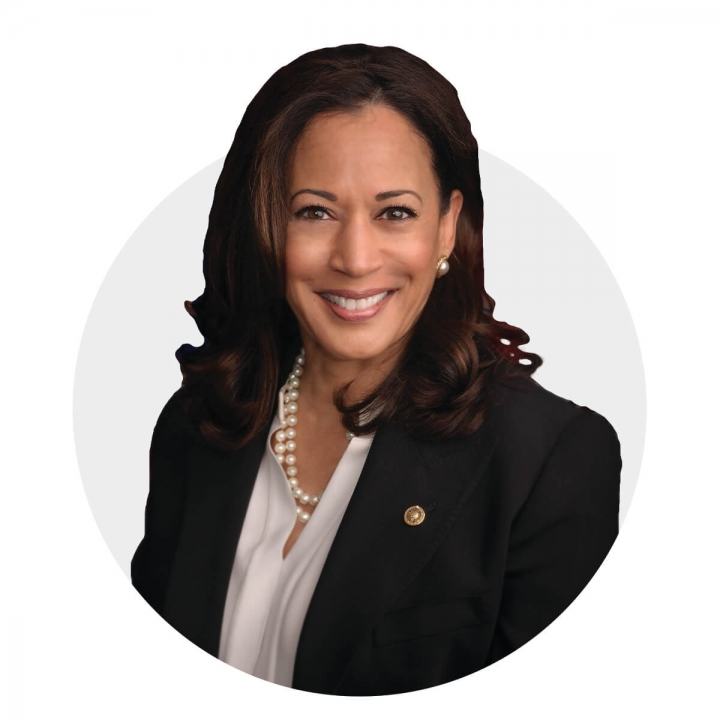
Kamala Harris
Nothing found.
Get Involved
Julián Castro
As former Secretary of Housing and Urban Development under the Obama administration and former mayor of San Antonio, Julian Castro brings a level of civic experience that is unlike many of his opponents for president. Though he has a clear focus on immigration and education as the leading priorities of his campaign, Castro has released a criminal justice reform plan that demonstrates a keen awareness of the root causes of mass incarceration in the U.S, and the pivotal role race has played in our justice system. In early June, Castro became the first candidate to release a plan to reform policing, a sharp contrast to many other candidates who have been accused of taking on a “tough-on-crime” agenda for at least some of their career. Castro has made a number of ambitious promises to improve the health, well being, and mobility of communities heavily impacted by the criminal justice system that move beyond the standard set of recommendations, but he has also indicated a strong focus for increased port of entry regulation to prevent drug imports. Early on in his campaign, Castro made very few statements which indicate he will take on a harm reduction approach to drug policy if elected, failing to discuss syringe access programs, improving access or funding for substance use treatment, overdose prevention sites, or naloxone availability. But, in a November, 2019 roundtable discussion with Iowa Harm Reduction Coalition, Castro was able to address many of these issues and state new proposals. Castro concluded the roundtable with these remarks: “I hope folks have been following [my campaign], because we’ve been kind of marching to the beat of our own drummer and speaking up for people that are often the most forgotten, and the most marginalized, the most vulnerable. And, I guess I would like to say just that in this country we’ve just gone through three years of a president who tries to scapegoat and otherize and look down on people who are not like him… I want a country where everyone counts, a country that doesn’t reflect hate, but reflects love and compassion and reflects basic understanding that people’s lives don’t always work out the way we think their life should work out, or even as they thought they were gonna work out, and that we need to meet those moments in their lives with compassion and with the resources that they need to get on the kind of path that they want to get on and not just casting them aside or criminalizing and otherizing them. That’s the spirit and the perspective that I would bring to this work and that my administration would bring to this work if I’m elected president.”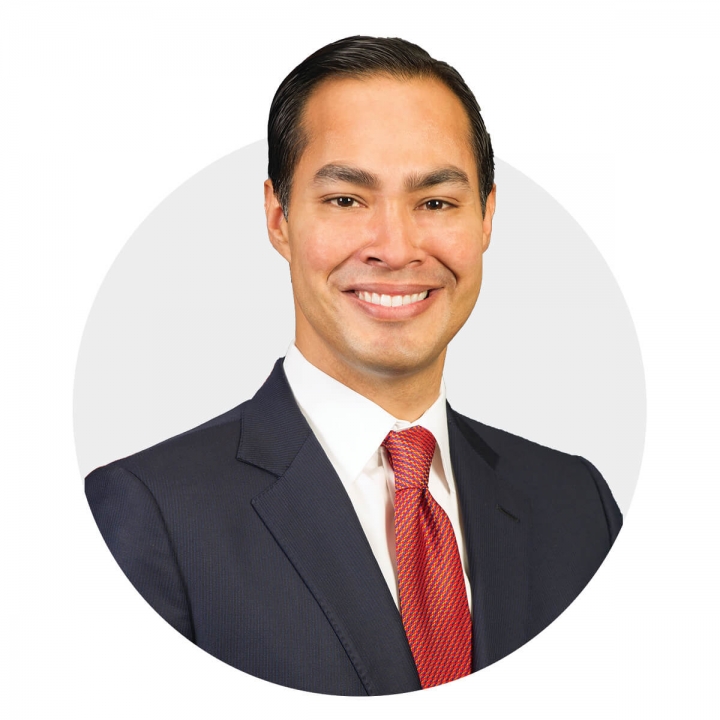
Julián Castro
Nothing found.
Get Involved
Pete Buttigieg
The mayor of South Bend, Indiana, the “millennial” of the Presidential race, has introduced plans to address the overdose crisis that demonstrate an embrace of harm reduction strategies, a nuanced understanding of the drivers of the current drug crisis, and an awareness of the dangers of viewing a “substance use disorder epidemic” as the “opioid crisis,” rather than a poly-substance phenomenon leading to unprecedented levels of overdose deaths. Further, Buttigieg recognizes the overdose crisis as part of a greater context, acknowledging its place in the family of things: a larger mental health care crisis, the deaths of despair, and as he describes in his policy plan to address addiction and mental health, “the longest sustained decline in American life expectancy since World War I” that is attributable to suicide, alcohol-related deaths, and overdose death via methamphetamine or cocaine. In the aforementioned policy proposal, “Healing and Belonging in America: A Plan to Improve Mental Health Care and Combat Addiction,” Buttegig proposes one of the most thorough approaches (second perhaps only to Beto O’Rourke’s plan), a pathway towards addressing these deaths of despair through systems change, expansion of syringe exchange and naloxone programs, and universalizing access to medications used to treat opioid-use disorder. 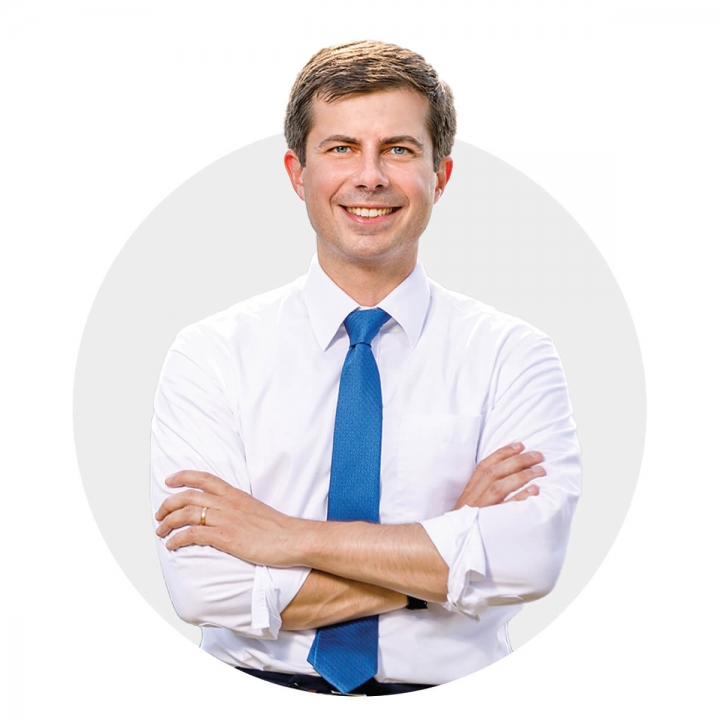
Pete Buttigieg
Nothing found.
Get Involved
Cory Booker
Senator Cory Booker has made criminal justice reform and ending the War on Drugs a focal point of his 2020 campaign. Like many candidates though, his political record reflects a somewhat evolving approach to criminal justice. As the newly elected Mayor of Newark in 2006, Booker took a tough-on-crime approach in an effort to revitalize the city, and resisted federal efforts and those of civil rights organizations like the ACLU to review and impose oversight of the Newark police department, regardless of troubling trends in policing. More recently though, he has advocated for reductions in drug criminalization including reducing penalties for all drug offenses at the federal level. Booker authored the 2017 Marijuana Reform Act, an approach to expunge criminal records for those with cannabis related offenses and legalize cannabis at a federal level. Later, he authored the 2018 First Step Act, a sweeping criminal justice reform bill that was later signed into law by President Trump, and has proposed a follow-up bill, the Next Step Act, which would address many of the leading reform efforts today. He advocates for reducing or eliminating imprisonment for people with non-violent drug related offenses, and his legislative efforts have included advocating for expanded naloxone access via reduced drug pricing. As Mayor of Newark he fought to open the city’s first syringe exchange program, and has informally endorsed safe injection sites. Overall, Booker takes a relatively progressive position on drug policy reform that is rooted in research-based approaches to harm reduction.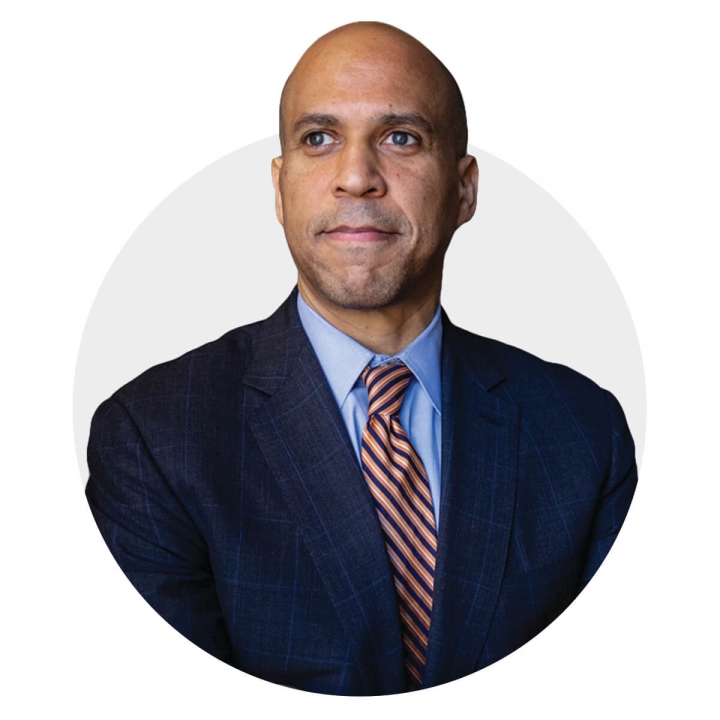
Cory Booker
Nothing found.
Get Involved
Joe Biden
Former Vice President Joe Biden concisely summarized his stamp on United States drug policy in his 2001 address to the Senate Caucus on International Narcotics Control: “I’m the guy who authored the crack house legislation!” Biden is referring here to the 1986 Anti-Drug Abuse Act that he co-authored, specifically the criminal penalties for “knowingly and intentionally” making a building available where drug use is occurring or drugs are being distributed (among other draconian stipulations attempting to control drug use in the United States through the criminal justice system). Decades later, the “crack house legislation” remains relevant to drug use policy as it was recently cited in barring Safehouse, a Philadelphia-based nonprofit, from opening the country’s first sanctioned safe injection site. On Biden’s impact on the drug war, he has recently admitted he “got some things wrong” based on poor information, but he has also been silent on offering an apology to the communities affected by his policies, or offering a solution to correcting the misguided course of action he started us on decades ago. What he has offered on drug use policy is increasing the utilization of drug use treatment through traditional healthcare modalities, which he believes would be more accessible by expanding health insurance coverage and by increasing federal funding for mental health.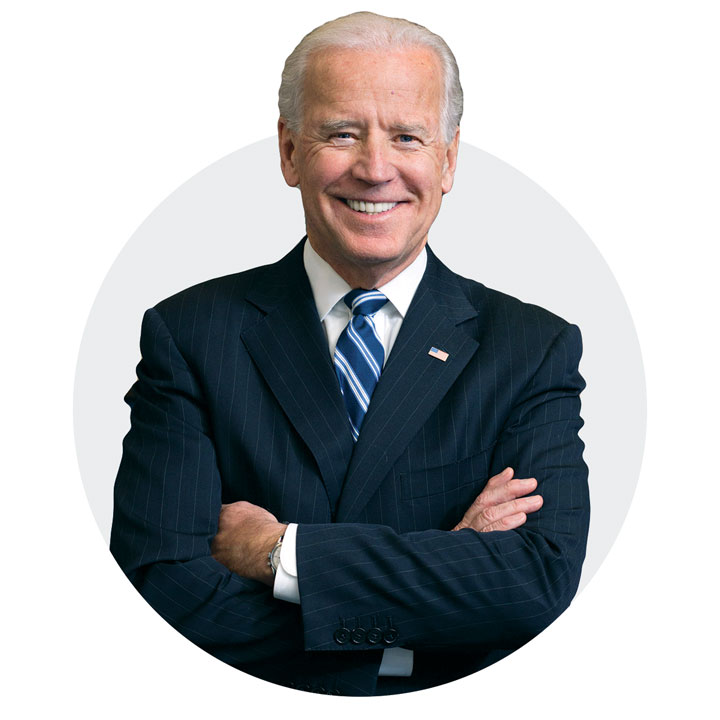
Joe Biden
Nothing found.
Get Involved
Criminal Justice Reform
Criminal Justice Reform
Since the early 20th century, the United States has pursued an aggressive prohibitionist approach to the regulation of psychoactive drugs. In the early 1960s Richard Nixon implemented the War on Drugs, which allocated funding to accelerate the incarceration of people who use drugs. The War on Drugs was built on decades of stigma, racialized stereotypes, xenophobia, and fears of psychoactive substances manufactured in order to justify regulation of communities of color and leftist political communities. Extending Nixon’s legacy, Ronald Reagan allocated funding for the militarization of law enforcement and expansion of prison construction. Over many decades, the U.S. government has neglected to enact science-based policies to regulate psychoactive substances and has created a system in which predominantly people of color are incarcerated on drug possession charges, families are disrupted through the separation of children from drug using parents, and those diagnosed with substance use disorders are housed in jail and prison cells rather than being provided treatment by medical professionals.
Many political leaders and elected officials have acknowledged that the current system has established a war on people who use drugs, rather than the substances themselves.
Significant reform is needed, and options are many to create a system in which people who use drugs are afforded dignity, respect, freedom, and access to health care.
READ MORE
Nothing found.






